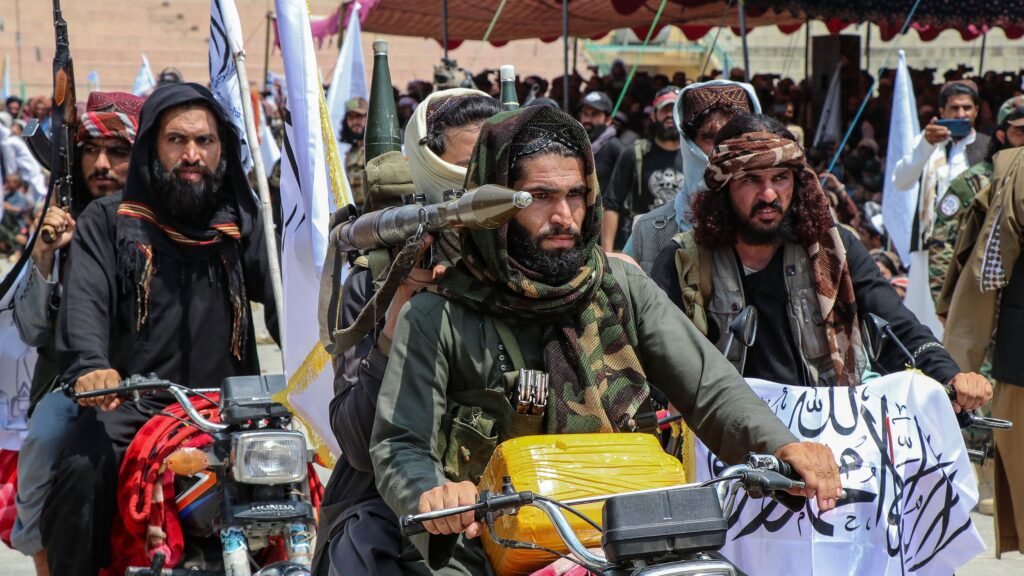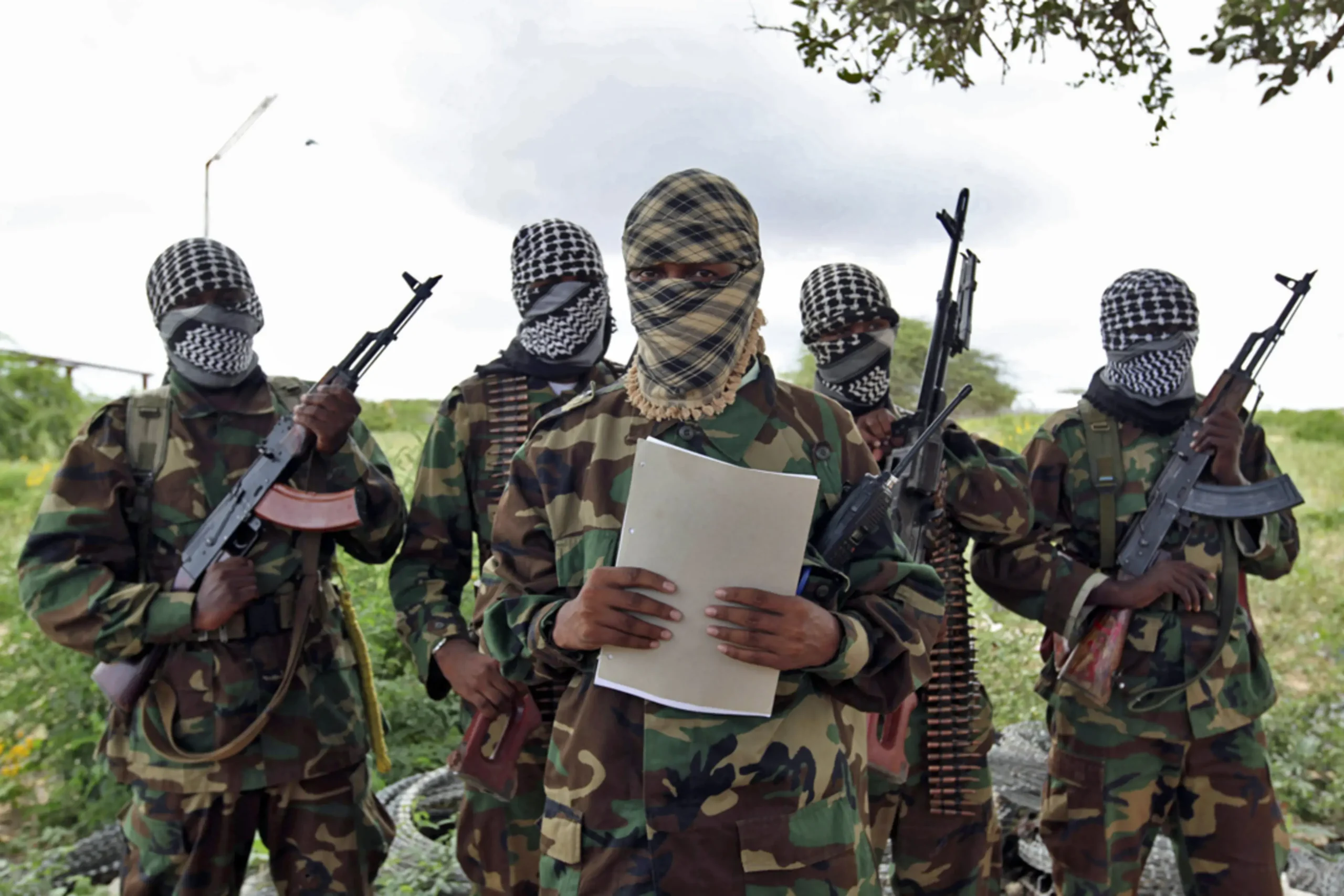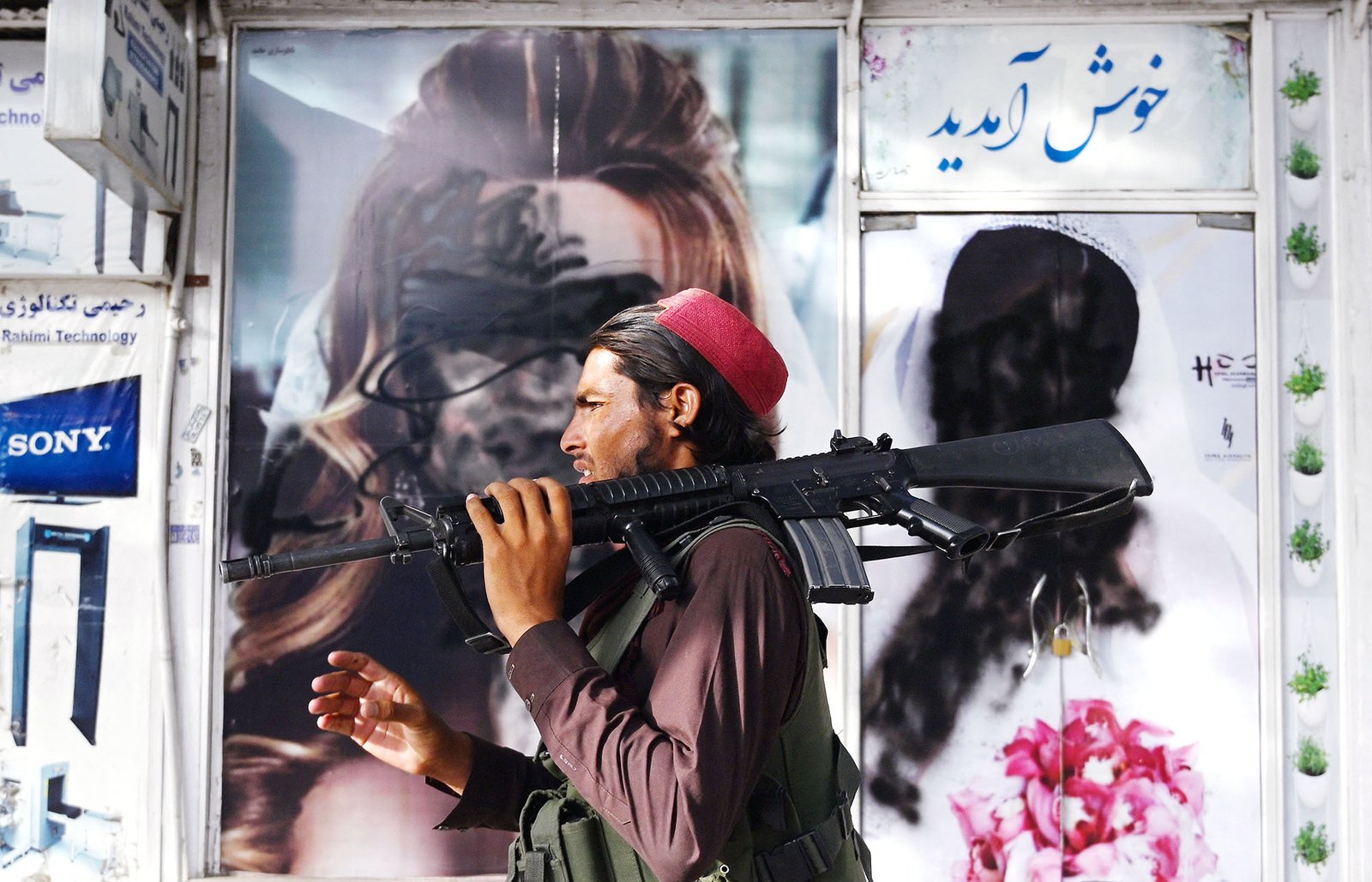Terrorism is one of the most serious global challenges in the 21st century. It involves the use of violence or threats to create fear and achieve political, religious, or ideological goals. Over the years, several terror groups have been banned worldwide due to their involvement in attacks, human rights violations, and threats to global peace.
Governments and international organizations have taken strict measures to curb terrorism, but the fight is ongoing. Understanding banned terror groups helps us realize the global impact of extremism and the importance of international unity against violence.
What Is Terrorism?
Terrorism can be defined as the intentional use of violence against civilians to achieve certain objectives. It may take the form of bombings, hijackings, cyberattacks, or armed assaults.
Common motives behind terrorism include:
- Political power struggles
- Religious extremism
- Ethnic and ideological conflicts
- Economic or social inequality
No matter the reason, terrorism leads to loss of innocent lives, destruction, and fear, affecting both developing and developed nations alike.Major Banned Terror Groups Worldwide
Several terrorist organizations have been banned by the United Nations (UN), European Union, the United States, India, and other nations. Below are some well-known examples:
- Al-Qaeda:
Founded by Osama bin Laden, this group was responsible for the September 11, 2001 attacks in the U.S. It operates in parts of the Middle East, North Africa, and South Asia. - ISIS (Islamic State of Iraq and Syria):
Known for brutal attacks and human rights violations, ISIS gained global attention for establishing a so-called “caliphate” and spreading violent propaganda online. - Taliban:
Although the Taliban now governs Afghanistan, it was previously banned by several nations due to its strict interpretation of Sharia law and links with terrorist networks. - Boko Haram:
Based in Nigeria, this extremist group targets schools and churches, opposing Western education and women’s rights. - Lashkar-e-Taiba (LeT):
A Pakistan-based group responsible for the 2008 Mumbai attacks in India, it has been banned under international law. - Jaish-e-Mohammed (JeM):
Also based in Pakistan, this organization has carried out several attacks against Indian military and civilian targets.
These groups have caused immense destruction and loss of life, leading to global counterterrorism initiatives and strict international bans.
Impact of Terrorism Worldwide
The consequences of terrorism are far-reaching and multidimensional:
- Loss of Human Lives: Thousands of innocent people die in terrorist attacks every year.
- Economic Damage: Terror attacks disrupt trade, tourism, and investment.
- Social Division: Terrorism spreads fear and divides communities based on religion or ethnicity.
- Political Instability: Many nations face internal unrest due to extremist movements.
Terrorism not only affects a nation’s safety but also weakens global unity and peace.
Global Efforts to Fight Terrorism

Countries around the world are working together to counter terrorism through:
- United Nations Counter-Terrorism Committee (CTC)
- Interpol and intelligence sharing
- Anti-terror laws and financial sanctions
- Deradicalization and awareness programs
Organizations like NATO and the Financial Action Task Force (FATF) also help monitor and restrict funding to terrorist networks. Collaborative efforts are essential to track extremists, cut their resources, and promote peace.
The Road Ahead: Creating a Terror-Free World
While many terror groups have been banned, new extremist networks continue to emerge in different forms — including cyberterrorism and online radicalization. The future fight against terrorism must focus on:
- Education and awareness to prevent youth radicalization
- International cooperation in intelligence and law enforcement
- Technology-driven surveillance and cybersecurity
- Promoting peace, tolerance, and economic stability
Only through collective global effort can humanity move towards a world free from terror and fear.
Terrorism remains one of the greatest threats to global peace and security. While banned terror groups have been weakened by international action, the ideology behind terrorism still exists. Continuous vigilance, cooperation, and compassion are necessary to protect future generations from the horrors of violence and extremism.
The future depends on education, unity, and peacebuilding efforts that address the root causes of terrorism, ensuring a safer and more secure world for all.
Read Also : Social Network Website Design
![]()





